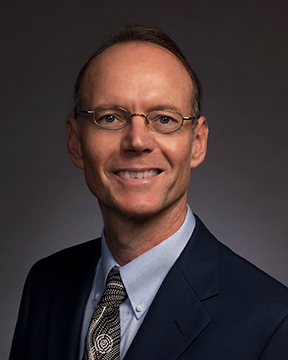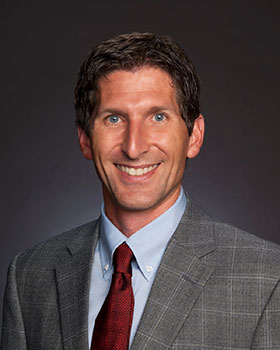Louisiana Sea Grant and Louisiana’s Coastal Protection and Restoration Authority and Baton Rouge Area Foundation as part of The Water Institute’s Science and Engineering Plan
“This is your shield…this is your estuary”
Building community and coastal resilience to a changing Louisiana coastline through restoration of key ecosystem functions
Two years
The Challenge
Although coastal restoration and protection is sometimes thought to only require technical input, coastal communities around the world also hold valuable insights into where and how these projects might have the largest impact on the landscape. However, it has proven difficult to integrate technical knowledge with community knowledge in a way that can be used in planning and engineering of coastal projects. The Institute set out to develop and demonstrate a new technique that can help bridge this gap.
The Approach
The Institute began by holding a one-day technical workshop in October 2015 that brought together 44 natural and social scientists with expertise in the ecological, economic, and socio-economic history of coastal Louisiana. The workshop’s focus was to bring together the science-based information about ecological and socio-cultural values and problems facing seven coastal habitats – forested wetlands, marsh, aquatic vegetation, oyster reefs, open water, mangrove stands, and barrier islands.
In the spring of 2016, the Institute took the next step of gathering community input by holding four workshops in Delcambre and St. Bernard which allowed participants to mark on a map the coastal areas around their community that were important and those they felt were at risk. The Institute held general community meetings at events like the Delcambre Seafood and Farmer’s Market and the Sippin’ on the Bayou Festival as well as small group meetings with community leaders. Community input was then synthesized and presented in map and graphical formats to show areas of highest risk, value, and priority for restoration and protection work. This type of approach shows how community and scientific knowledge can be compared and combined for a much better picture of how challenges faced by coastal communities can be addressed.

